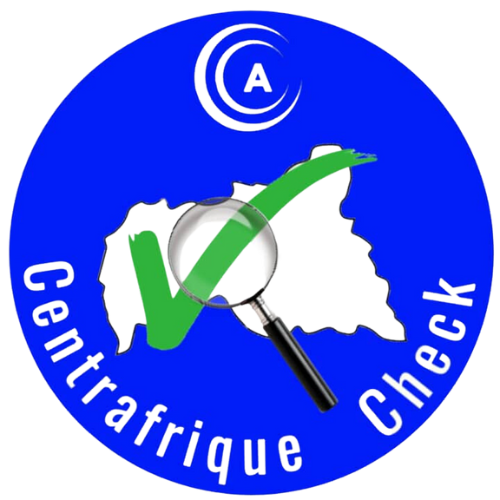Originating in the United States during the 1920s with the advent of news magazines like Time, which established a team of fact-checkers in 1923, Fact-Checking initially focused on verifying statements from prominent political figures and reviewing content or articles already published in magazines. Fact-Checking, or the verification of facts, is a journalistic practice born out of the limitations and insufficiencies of traditional journalism, serving a crucial role as a complementary process. This practice is vital as it enables media professionals to verify the accuracy and reliability of information, distinguish truth from falsehood and fiction, and uncover information based on preconceived notions, biases, and fabricated narratives before publication.
Fact-Checking in the Age of Information and Communication Technology (ICT)
With the advent of information and communication technology, Fact-Checking has undergone a significant transformation in the global media ecosystem, and it has also become necessary in the Central African media landscape. In the Central African Republic, Fact-Checking emerged in the years 2018, when several media professionals and Central African bloggers were trained and equipped with approaches to combat misinformation. As a result, numerous initiatives have arisen, and other media outlets have established Fact-Checking sections in their editorial operations.
Building on these developments, Centrafrique Check, the first Central African fact-checking media outlet formerly known as the Association of Fact-Checkers of Central Africa, has leveraged its experiences and expertise over nearly four years of operation in the Central African Republic. Centrafrique Check has implemented awareness and capacity-building activities for media professionals, bloggers, activists, community leaders, and civil society actors. These activities aim to equip them in identifying misinformation, managing rumors, and employing techniques to combat the escalating spread of misinformation and rumors. Additionally, Centrafrique Check has organized media literacy sessions and produced factual content transcribed into audio via radio micrograms or magazines broadcasted by community radios to reach a wider audience.
Fact-checking is not only crucial in a post-conflict country but also particularly necessary as local elections approach in October, a period conducive to the spread of false information and biased rumors that can significantly impact social cohesion, community living, and the young democracy in the Central African Republic.
In summary, fact-checking remains the most effective solution to combat misinformation and unverified claims in the Central African Republic, as it addresses the source of information. However, other alarming challenges persist, particularly the rise of artificial intelligence despite the modern tools designed to address these issues, which are currently a global concern.
The article is edited by Britney Ngalingbo.









